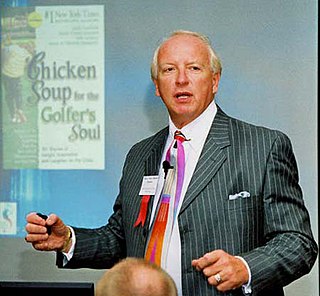A Quote by Ambrose Bierce
OWE, v. To have (and to hold) a debt. The word formerly signified not indebtedness, but possession; it meant "own," and in the minds of debtors there is still a good deal of confusion between assets and liabilities.
Related Quotes
Most people don't know this, but if you settle a debt for less than the amount you owed, you are potentially responsible for taxes on the forgiven debt. Look at it this way: You received goods and services for the full amount of debt, but you're only paying for a portion of it - sometimes less than 50%. Anything more than $600 is generally considered taxable, but the IRS will sometimes waive the tax if you can prove that your assets were less than your liabilities when the debt was settled.
It would be a very odd chancellor of any UK government that insisted on a course of action that cost their own businesses hundreds of millions of pounds, that blew a massive hole in their balance of payments and, because assets and liabilities go hand in hand, would potentially leave the rest of the UK shouldering the entirety of UK debt.
Value investors will not invest in businesses that they cannot readily understand or ones they find excessively risky. Hence few value investors will own the shares of technology companies. Many also shun commercial banks, which they consider to have unanalyzable assets, as well as property and casualty insurance companies, which have both unanalyzable assets and liabilities.
For society to function some kind of reasonable balance has to be stuck between the competing interests of creditors and debtors. Although the mandate of the Bank of Canada was to maintain a delicate balance between encouraging growth and fighting inflation, the Bank opted to focus exclusively on fighting inflation. In doing so it came down heavily in favour of those with financial assets to protect, and against those whose primary need was employment.
































